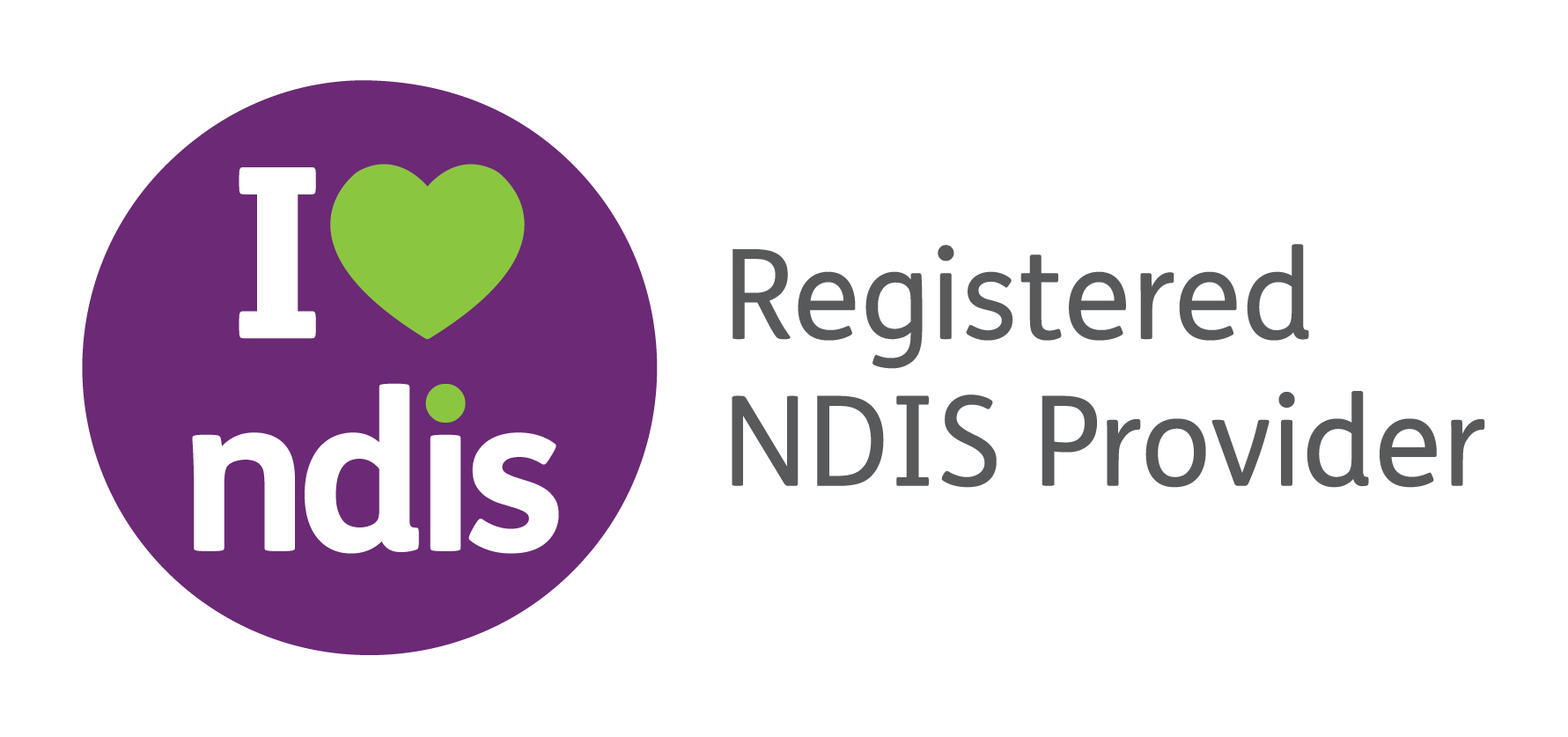HEALTH ASSESSMENTS/MONITORING
HEALTH CHECKS THAT WORK FOR YOU, NOT AGAINST YOU
Keeping up with your health shouldn’t be a hassle.
If you’re living with a disability or complex mental health needs, regular check-ups help spot small issues before they turn into big problems.
These assessments aren’t just about ticking boxes. They’re about giving you control, helping you make informed choices, and making sure you feel good in your day-to-day life.


WHAT'S A HEALTH ASSESSMENT REALLY LIKE?
Think of it like a regular check-in, but one that actually takes your needs into account.
A registered nurse visits you at home, looks at how you’re feeling, and works with you to figure out what’s working and what’s not.
This isn’t about a checklist —it’s about making sure your care fits your life, not the other way around. Depending on what’s needed, this might include:
- Checking vital signs like blood pressure and oxygen levels
- Reviewing medications to see if they’re helping or causing problems
- Looking at pain levels and ways to manage discomfort
- Spotting early signs of infections or other health concerns
- Talking about energy levels, mobility, and anything that’s affecting your daily routine
"We’re here to help, not to hurry. Our clients deserve to take their time, and we give them the space to do just that" - Sharon

DO YOU HAVE SMALL SYMPTOMS? CATCH THEM BEFORE THEY BECOME BIG PROBLEMS
Some changes happen so slowly that they’re easy to overlook. You could be feeling more tired than usual, or small tasks are getting harder. Regular monitoring means these little shifts don’t get ignored. Your nurse keeps a close eye on any changes and updates your care plan when needed. If something’s off, they’ll talk with you (and your doctor, if needed) to find the best way forward. No more second-guessing. Just clear, simple answers that help you stay in control.
NO COOKIE-CUTTER CARE — YOUR TREATMENT PLAN, YOUR WAY
There’s no one-size-fits-all when it comes to care. A treatment plan should fit into your life, not force you to change how you live. If something’s not working, it needs to be adjusted. Here’s how that happens:
- Talking through what’s important to you: Your comfort, your routine, your goals - these all matter. A good plan respects that.
- Looking at what’s working and what’s not: Maybe a medication is causing side effects, or a therapy isn’t giving results. A fresh look helps adjust things so they work better for you.
- Keeping things flexible: Needs change. The right treatment plan should change with them.


TAKE CONTROL — YOUR CARE, YOUR RULES
This isn’t about decisions being made for you. It’s about making them with you.
You should always understand what’s happening with your health, why certain things are being recommended, and what your options are.
If something doesn’t feel right, it’s okay to speak up. If you want more information, you should get it. This is your health—your say matters.
STRESS-FREE CARE THAT FITS YOUR LIFE
Health assessments and monitoring aren’t about adding more things to your plate. They’re about making life easier. They help you stay ahead of problems, avoid unnecessary hospital trips, and feel more confident about your care. Most importantly, they put you in the driver’s seat - because no one knows your body and your needs better than you do.
LET'S GET YOUR HEALTH SORTED WITHOUT THE HASSLE
Getting help shouldn’t be complicated. Whether it’s regular health check-ins, a medication review, or a plan that actually makes sense for you, it’s all about keeping you as independent, comfortable, and confident as possible.


